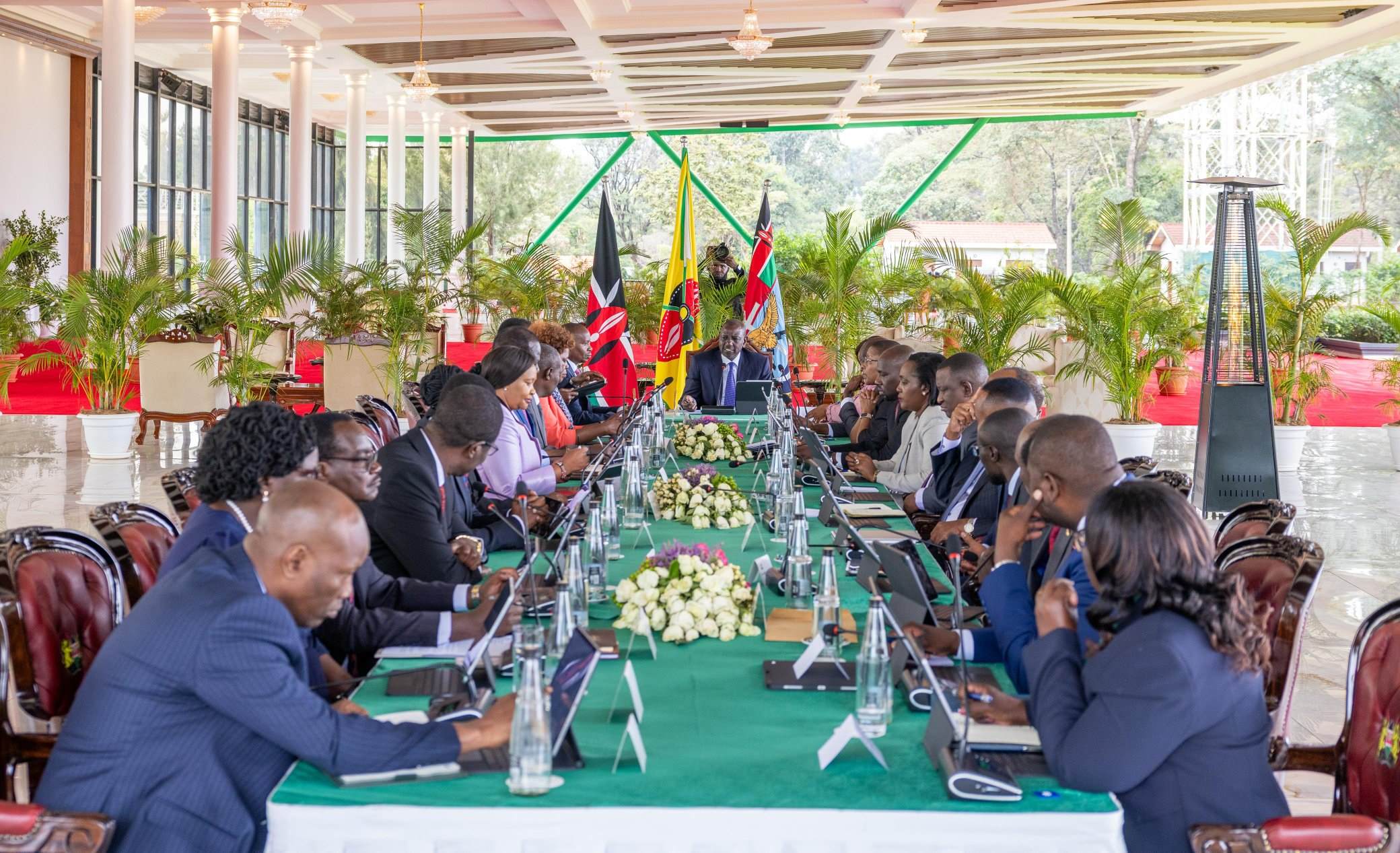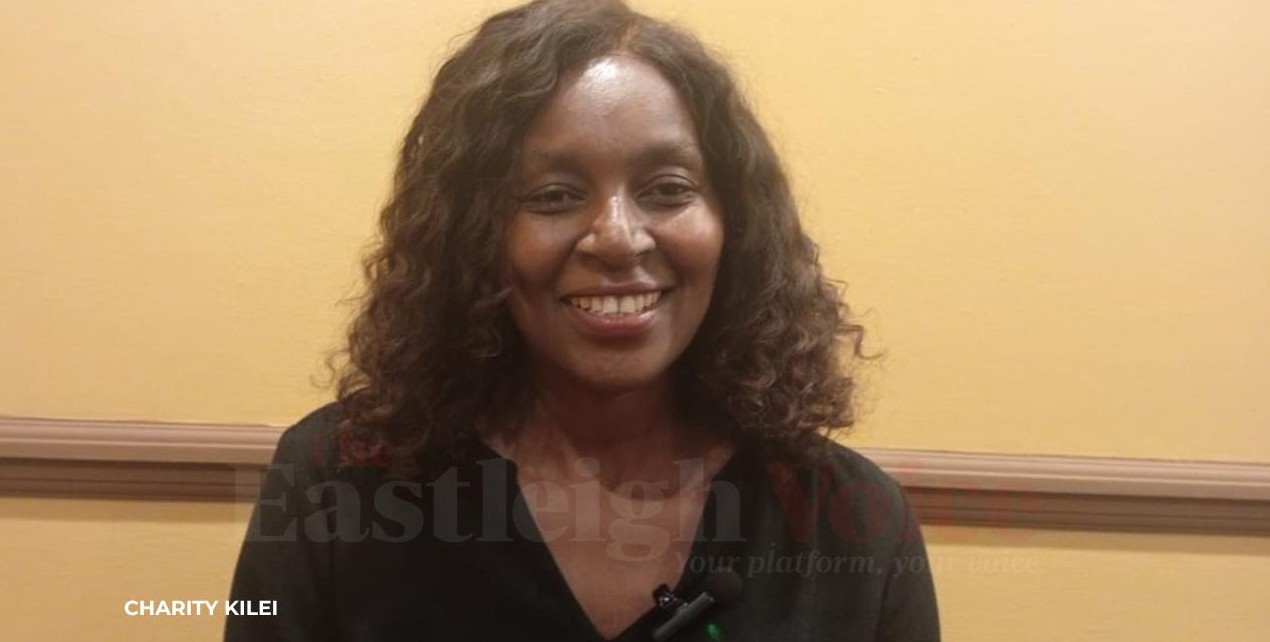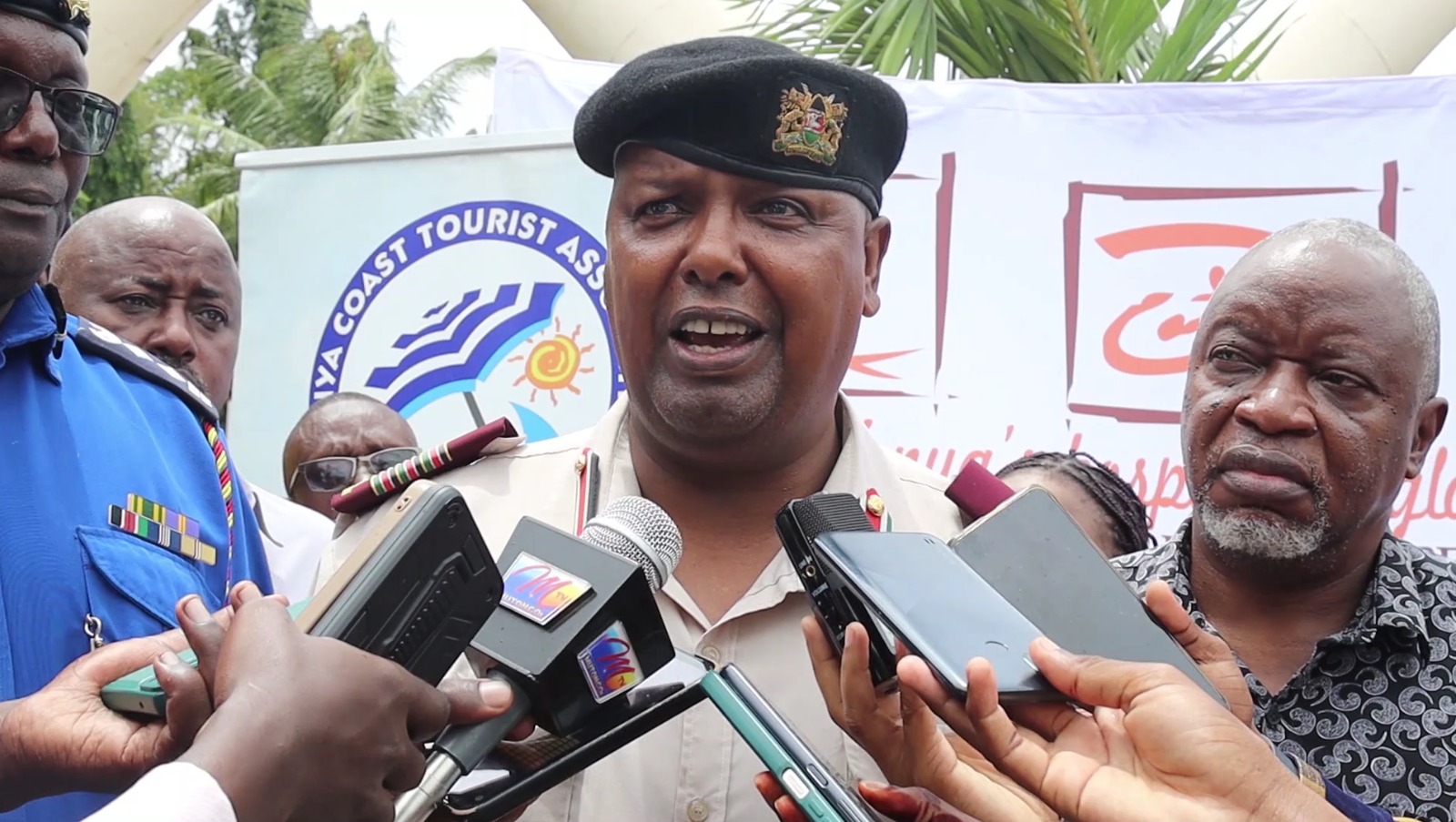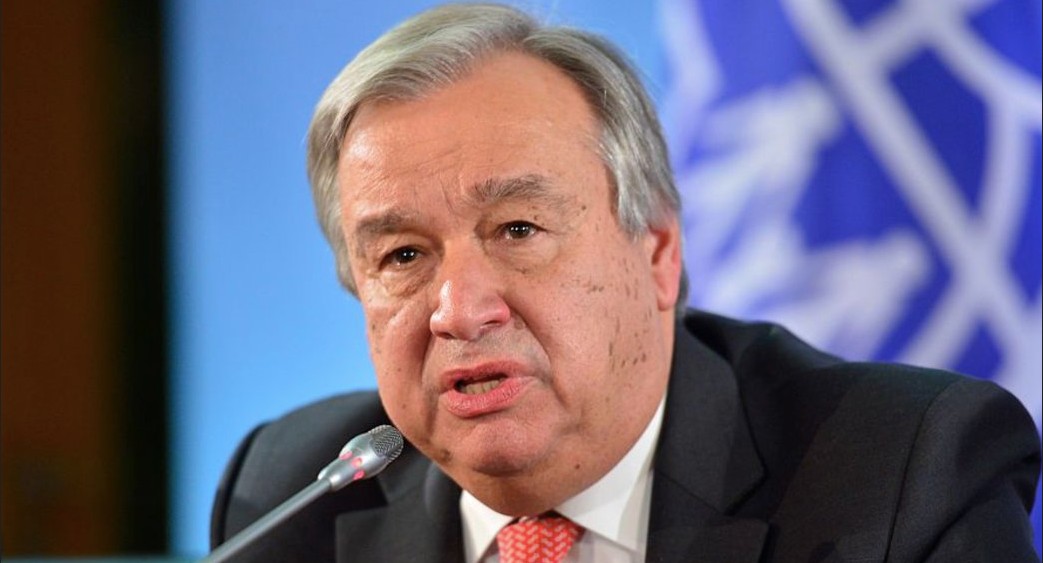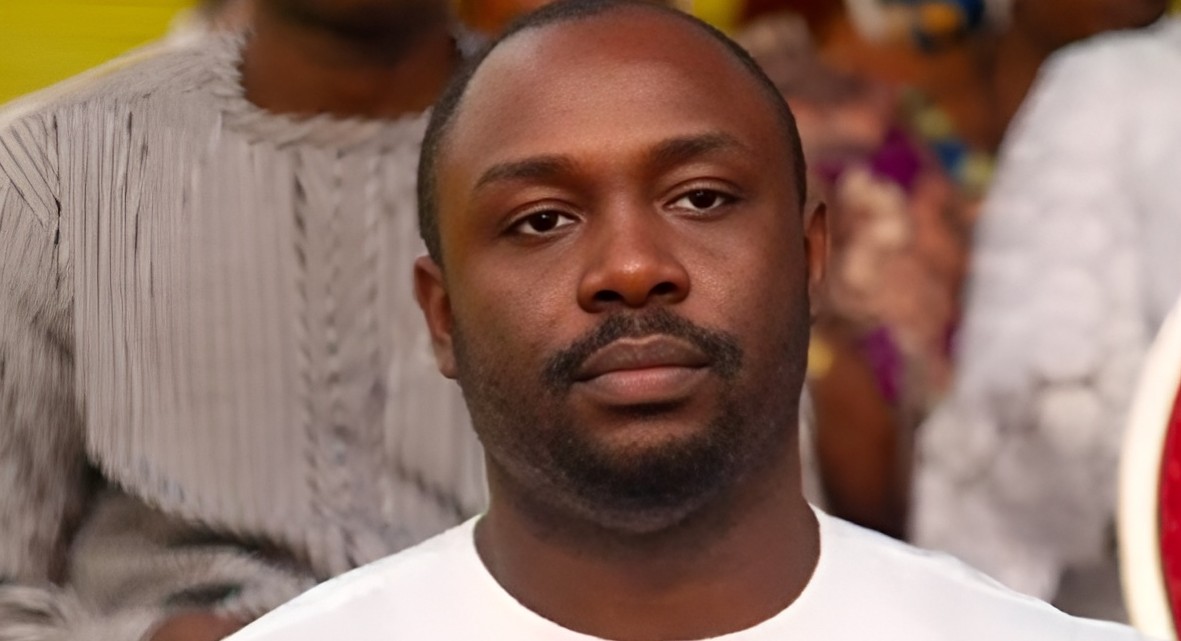Jowie Irungu files fresh case against death sentence, law denying him bail
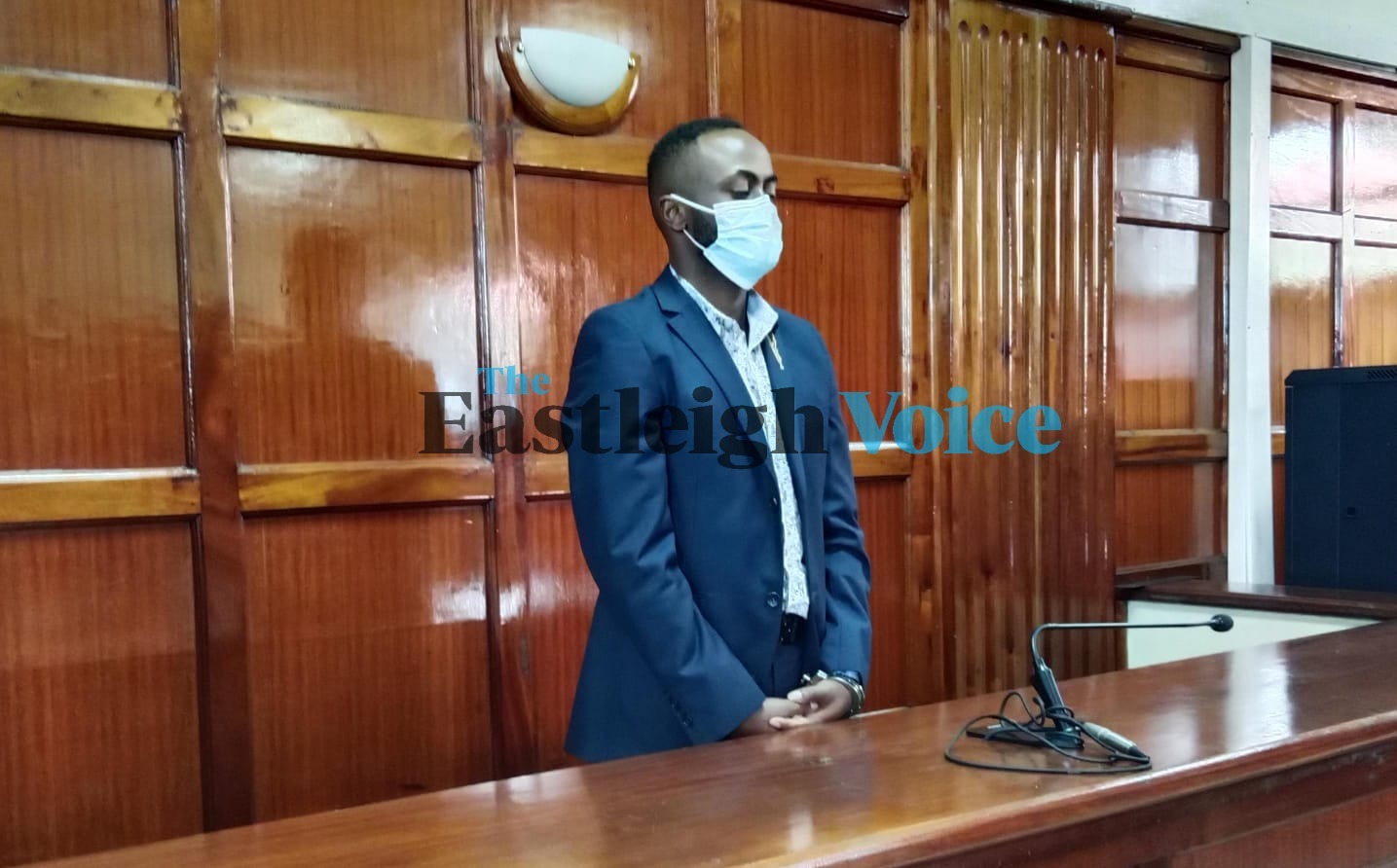
Jowie argued that laws providing death sentences are unconstitutional because they all violate Article 26(1) of the Constitution on protection of the right to life.
Murder convict Joseph Irungu, alias Jowie, has petitioned the High Court's Constitutional and Human Rights division to declare the death sentence unconstitutional.
Jowie, who was found guilty of murdering businesswoman Monica Kimani, also wants the High Court to declare laws denying bail and bond to death row convicts nullified.
More To Read
- Jowie appeals to court over delay in release of trial record, seeks clarity on exhibits
- Convictions in murder cases bring hope in campaign to end femicide in Kenya
- High Court upholds 33-year sentence for Westgate Attack convicts
- Nation journalist attacked at gunpoint, links ambush to 'controversial article'
- Joseph 'Jowie' Irungu appeals against death sentence
- Explainer: Jowie's death sentence and Kenya's stance on capital punishment
Through his lawyer, Andrew Muge of Muge Law Law Advocates, Jowie argued that laws providing death sentences are unconstitutional because they all violate Article 26(1) of the Constitution on protection of the right to life.
A death sentence is provided as a penalty for capital offences such as murder, robbery, attempted robbery with violence, treason, oathing, and specified military offences, including treason.
Jowie argued that the death penalty is among the inhumane and degrading punishments prohibited by Article 25 of the Constitution, saying "in its nature and the manner, the process and mode in which it is or can be implemented is torture and cruel.”
He also urged the court to declare Section 379 (4) of the Criminal Procedure Code discriminatory and inconsistent with Articles 48 and 50 of the Constitution.
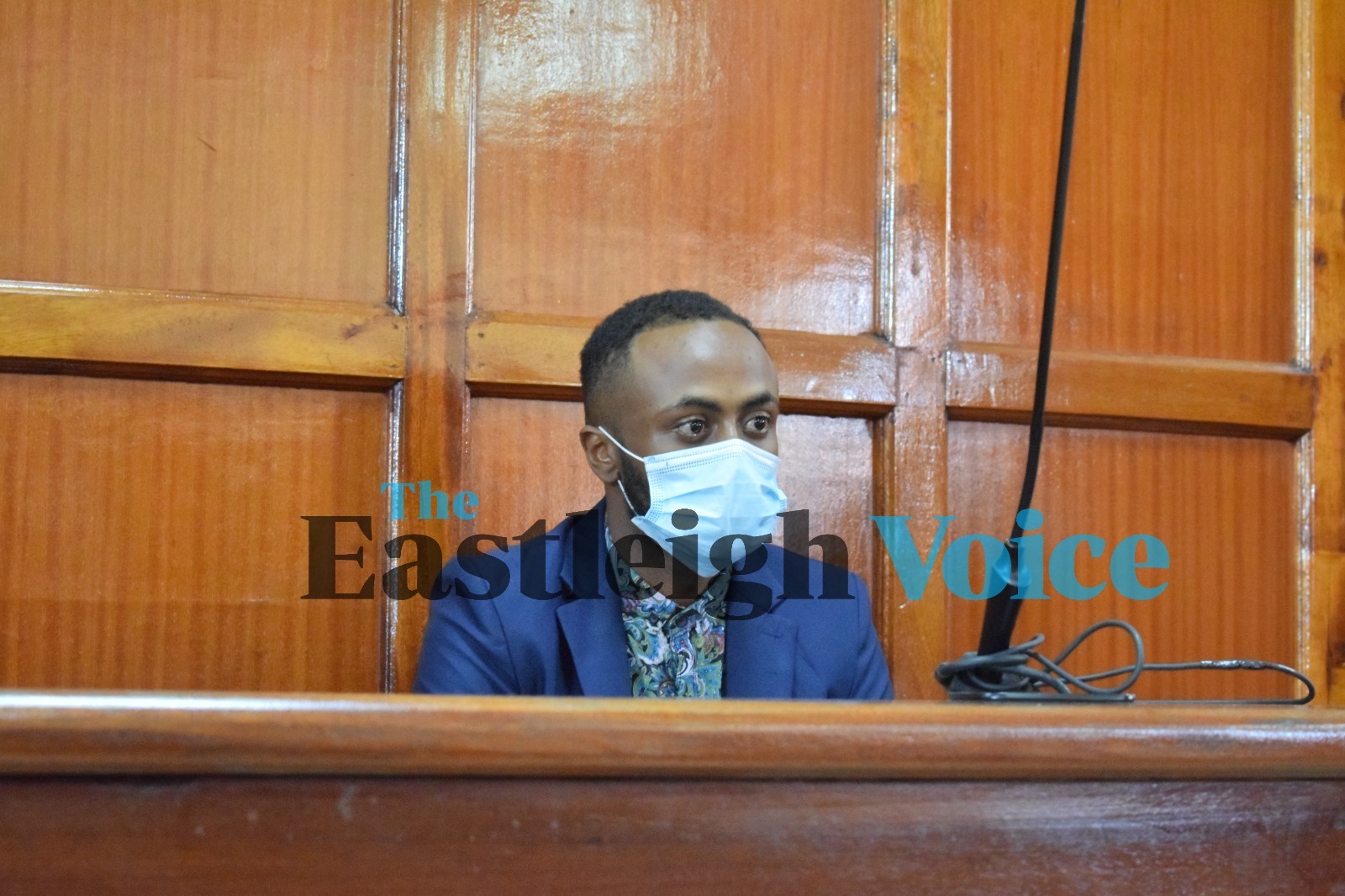 Joseph Irungu alias Jowi at the Milimani Law Courts on March 8, 2024. (Photo: Joseph Ndunda/EV)
Joseph Irungu alias Jowi at the Milimani Law Courts on March 8, 2024. (Photo: Joseph Ndunda/EV)
Section 379 (4) states that a judge of the high court or court of appeal may grant bail pending the hearing and determination of the appeal once lodged, save for cases where the appellant is sentenced to death.
Jowie added that this provision is unconstitutional since it "infringes on the right to the human dignity of a person sentenced to death" as it denies them access to justice and a fair hearing.
Additionally, he lamented that Lady Justice Grace Nzioka's decision to sentence him to death on March 13, 2024, violates his non-derogable right to be free from torture and cruel, inhumane, or degrading punishment as well as his constitutional rights.
This is the second case filed by Jowie since he was sentenced to death, as his co-accused, Jacque Maribe, was acquitted of murder. Justice Nzioka ruled that the charges preferred against Maribe were baseless, as the Office of the Director of Public Prosecution (ODPP)
In her ruling, she stated that the evidence adduced by the prosecution against Maribe did not place her in the house of the deceased on a fateful night, therefore exonerating her from the charge.
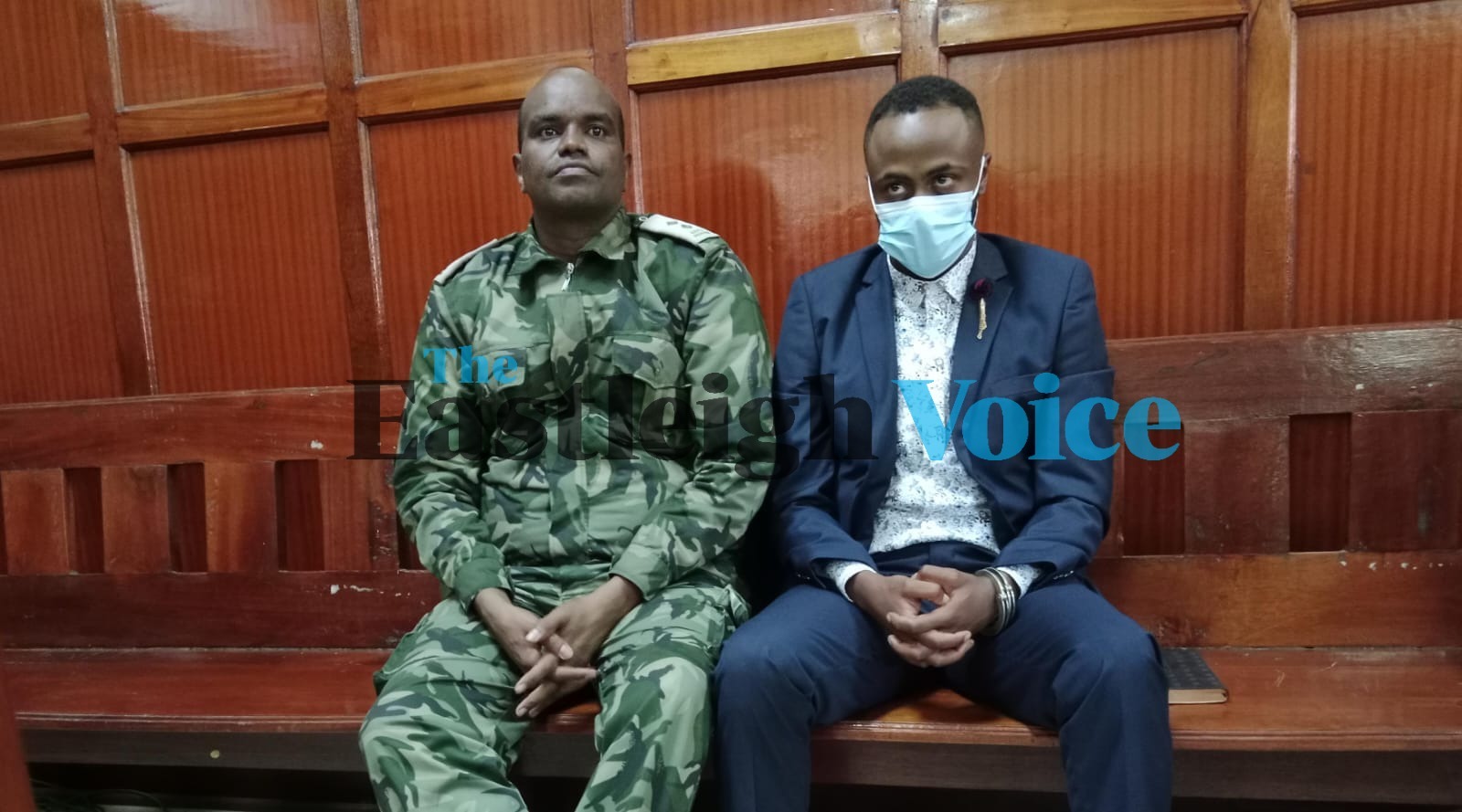 Joseph Irungu alias Jowie guarded by Kenya Prisons officer while awaiting sentencing at the Mîlîmani Law courts on March 13, 2024. (Joseph Ndunda/EV)
Joseph Irungu alias Jowie guarded by Kenya Prisons officer while awaiting sentencing at the Mîlîmani Law courts on March 13, 2024. (Joseph Ndunda/EV)
Jowie filed a notice of appeal but has yet to formally challenge the case at the court of appeal.
However, the Supreme Court already resolved the issue Jowie wants the high court to rule on.
In the infamous Muruatetu Petition, the apex court declared that the death sentence is not cruel, inhumane, and unconstitutional, save for the mandatory provision in Section 204 of the Criminal Procedure Code (CPC) for convicts found guilty of murder as provided for in Section 203 of the Criminal Procedure Code (CPC).
The court, however, agreed with the appellant, Francis Karioko Muruatetu, that the trial does not end at the conviction and the judges should have the power to listen to and consider the mitigation of the convict before passing the sentence.
It also agreed that Section 204 of the CPC takes away the independence of the judiciary to determine the appropriate sentences for the offenders and the high court judges should be given the discretion to determine the sentence themselves depending on the circumstances under which the offence was committed and other factors prevailing in a specific matter.
On Tuesday, July 6, 2021, Chief Justice Martha further clarified that the Muruatetu jurisprudence was only applicable in cases where the accused were given the mandatory death sentence, as provided under Sections 203 and 204 of the penal code.
Justice Nzioka also clarified the same while sentencing Jowie, stating that the Supreme Court's decision did not remove the penalty and is therefore still available for offenders who deserve it.
Top Stories Today


